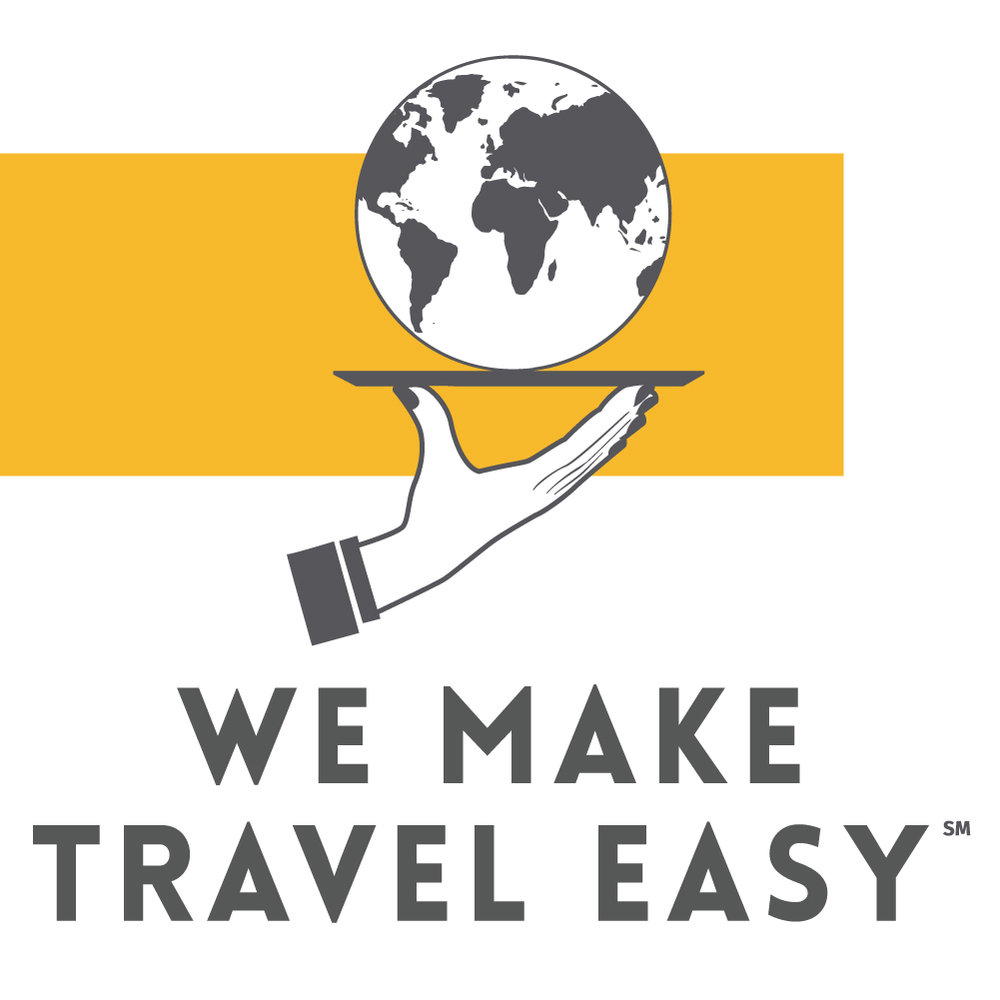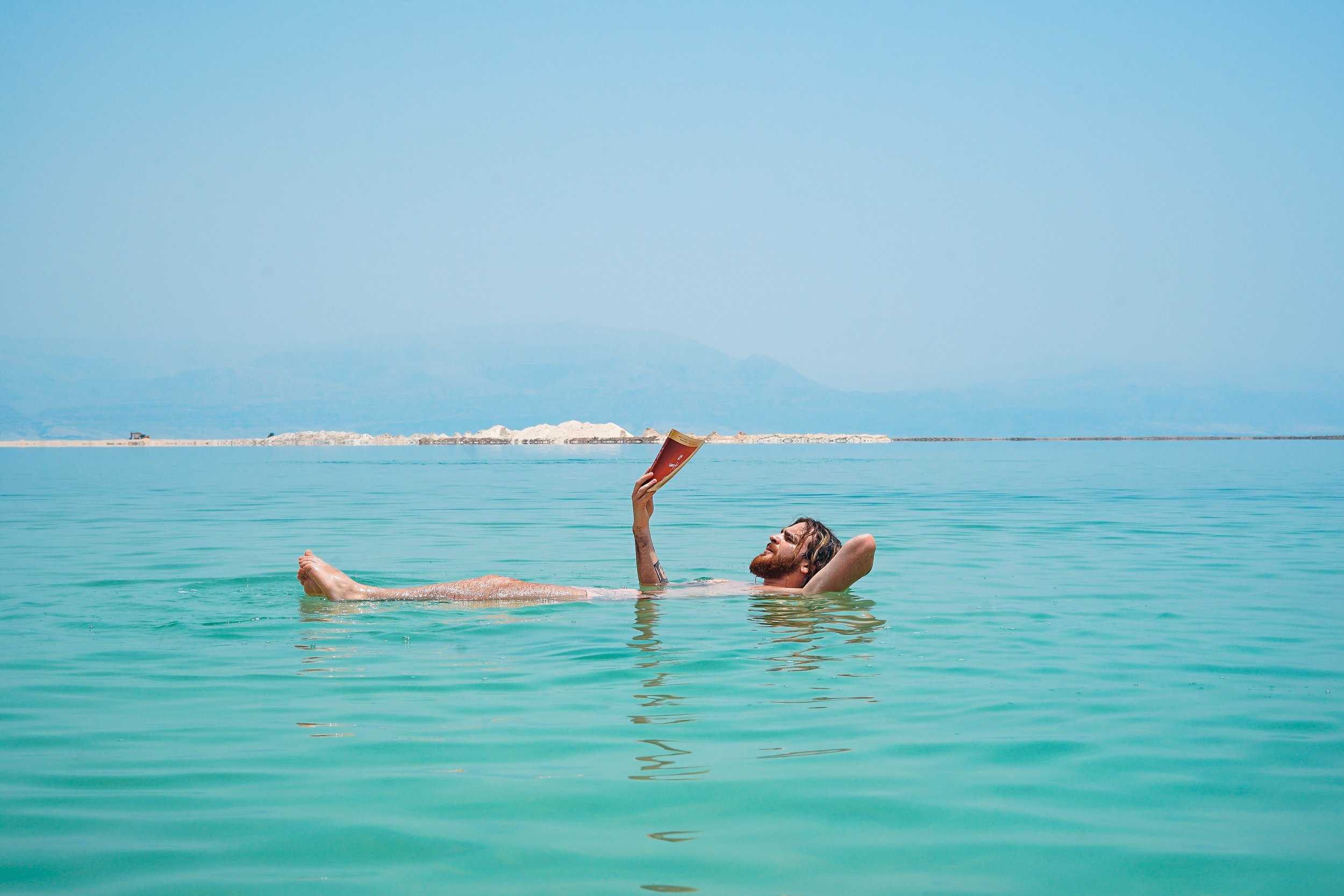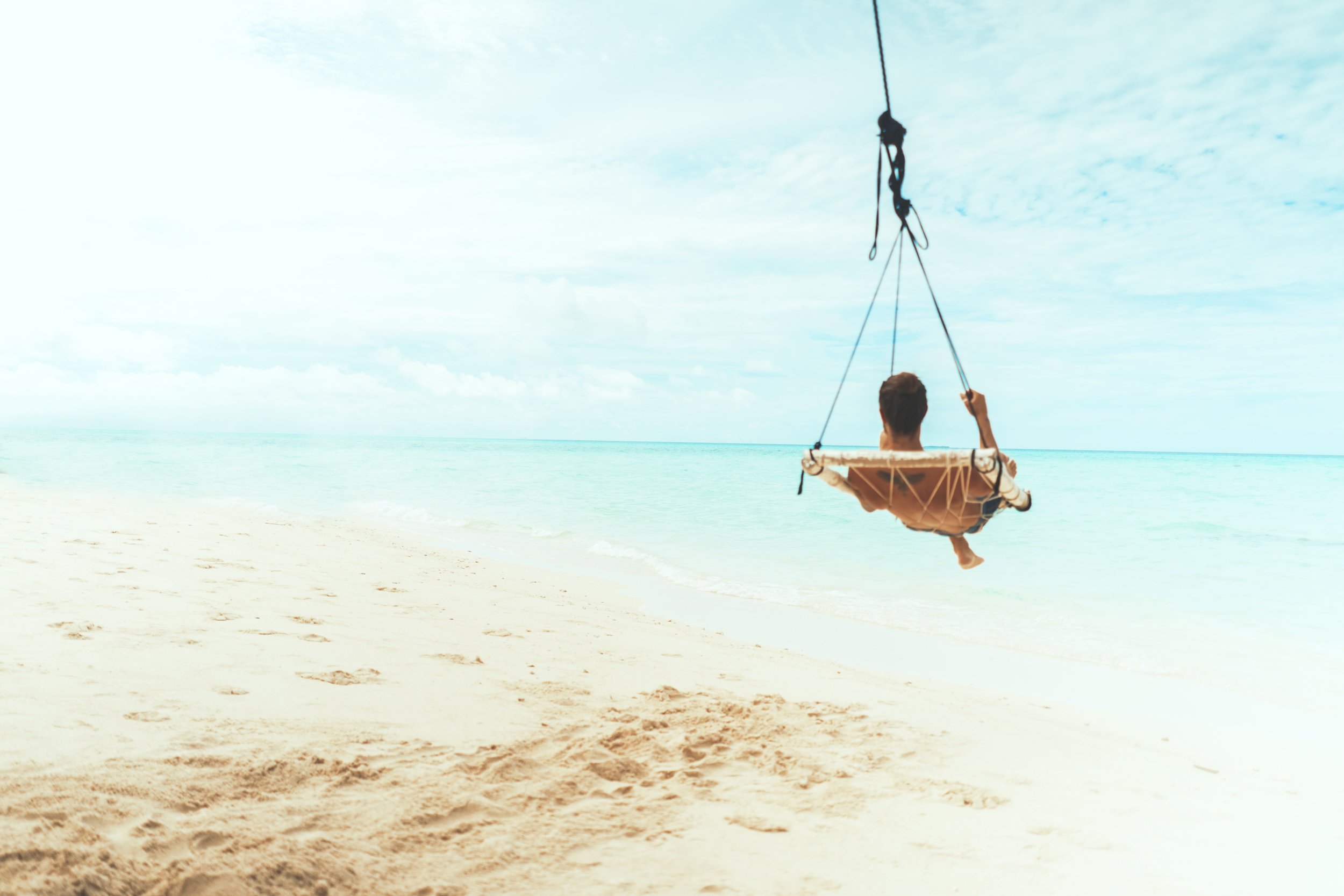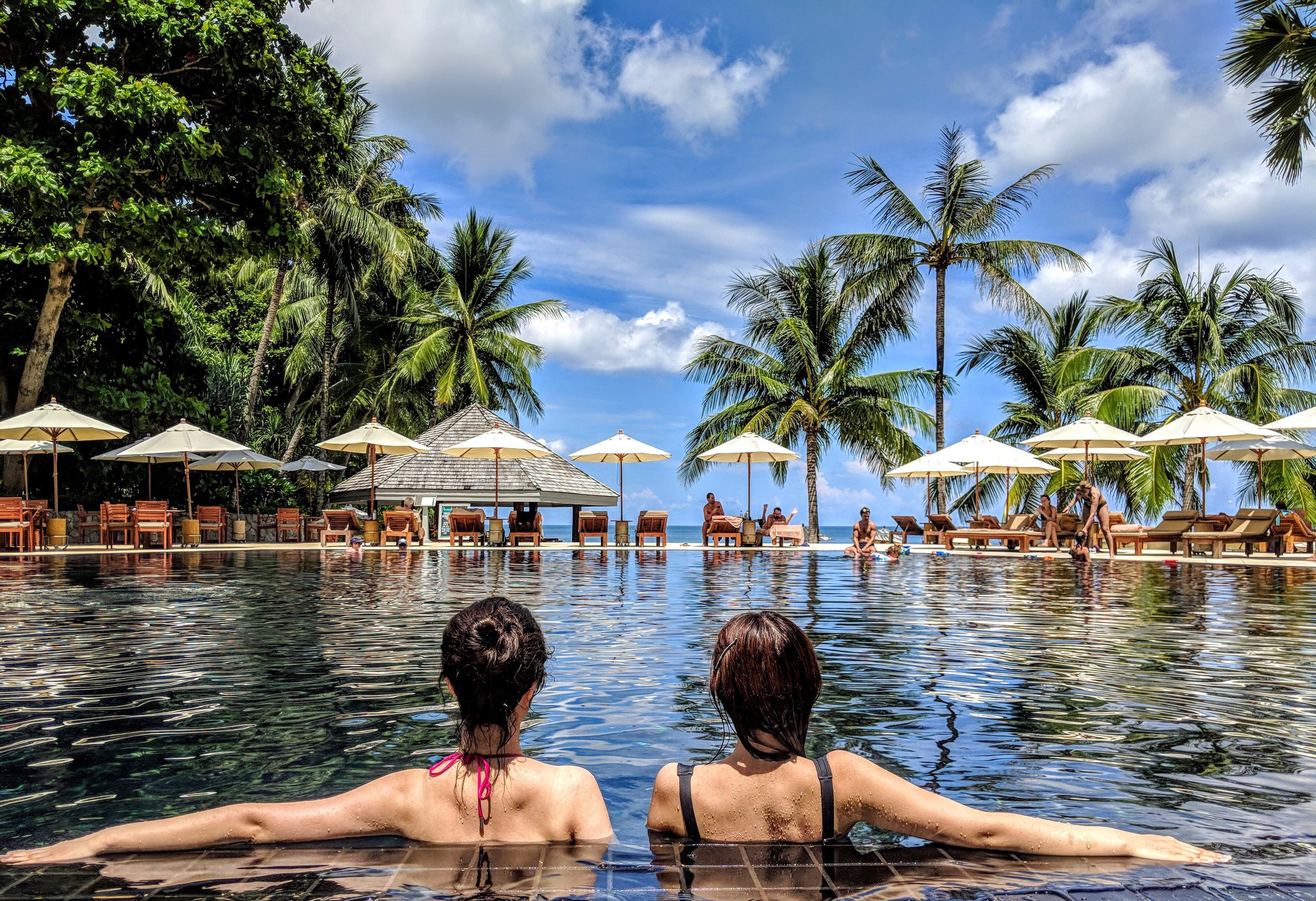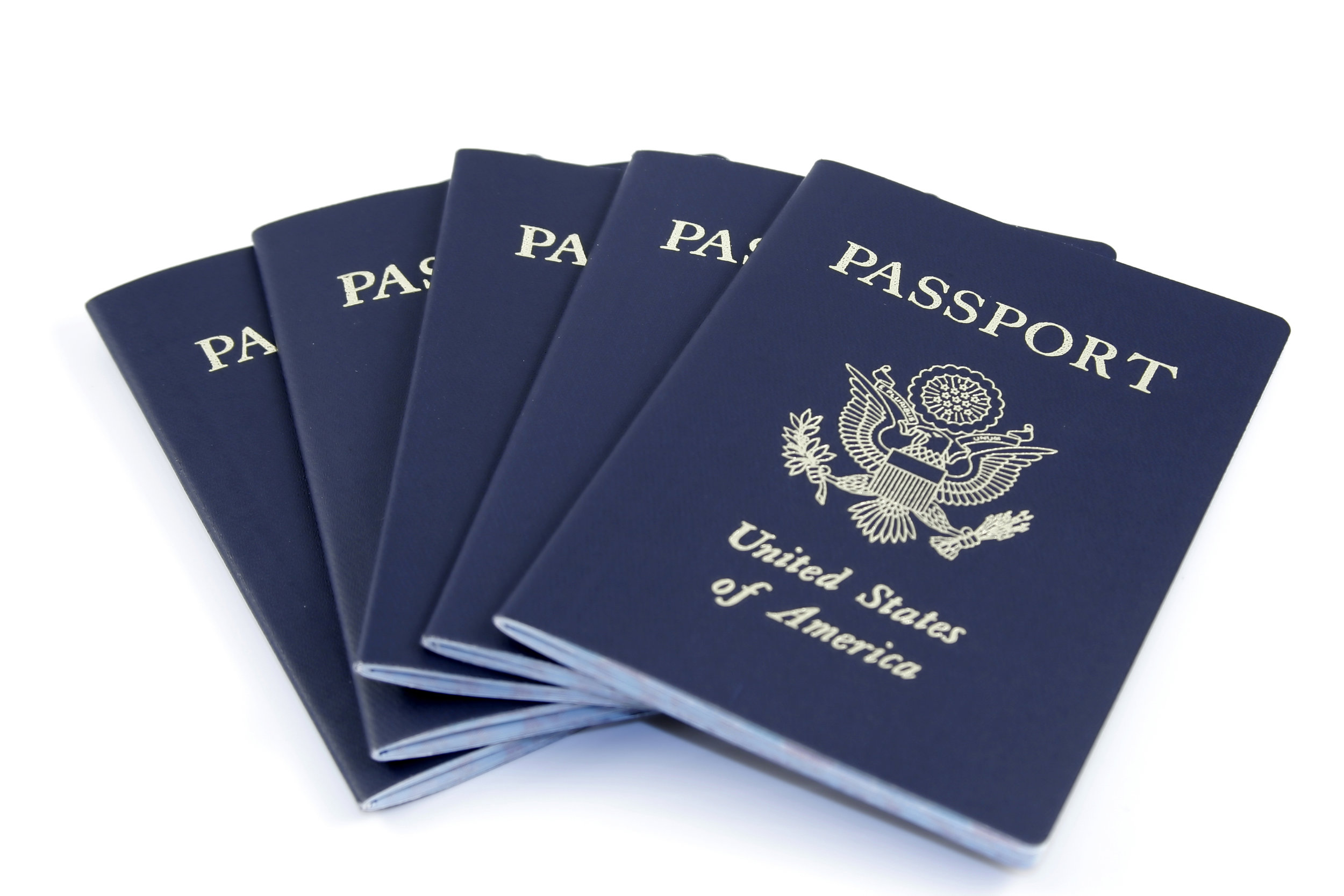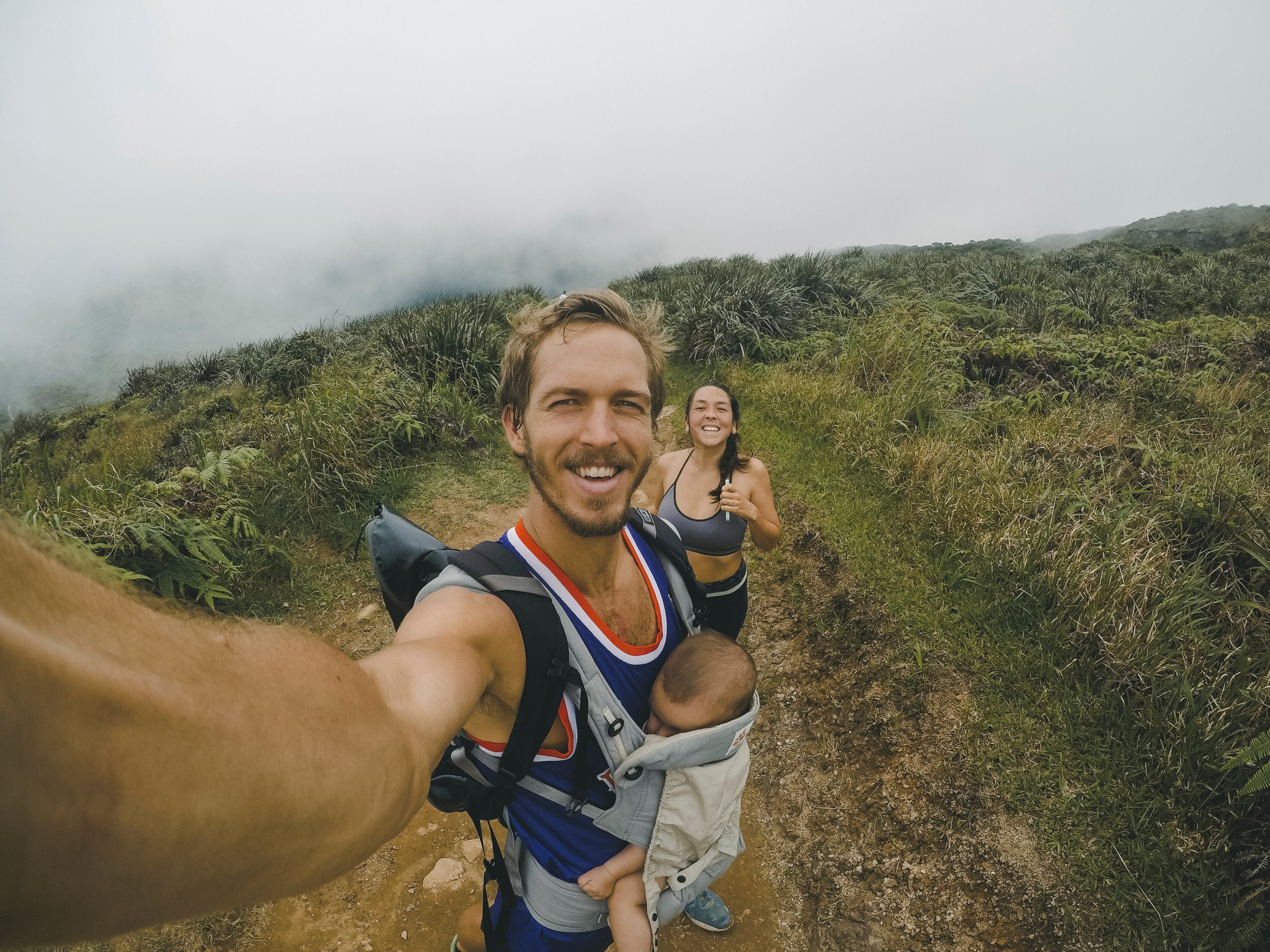We all have thought “Gee I just can’t take any time off now because_________”. You fill in the blank.
However, Dr. Bruce Weinstein, The Ethics Guy would disagree and say you have a moral obligation to take a vacation. In an article he wrote for the Dow Jones Market Watch, this is what he says: Taking a vacation regularly is not only acceptable; it is our ethical obligation.
Consider how you feel after working for a long time without a break, and how you feel during and after some restorative time at the beach. Can you really be at your best when you're running on empty? Aren't you more likely to do a good job when your batteries are recharged?
Leaving work behind from time to time to relax enables you to be of service to others to the best of your ability, and this is one reason why we ought to take vacations. Another reason is because we simply owe it to ourselves to rest. The ethical obligation to be compassionate applies not just to how we treat others, but how we treat ourselves, too. Going on vacation is a great way to meet this obligation.
Some of the most common reasons for not taking time off, and how to respond effectively to these challenges:
1. "I work for myself. My employer doesn't provide paid vacations. I've been laid off, and I need to work."
The reluctance to give up some future revenue is understandable, particularly in our current economy. But how often is an excuse, rather than an accurate reflection of one's financial situation? A vacation need not break the bank. We budget for meals, clothing, and transportation. Shouldn't we also budget for a vacation? Yes, there ought to be a law mandating paid vacations, as is the case in many countries, but until that comes to pass; we'll have to find creative ways on our own to take time off.
2. "I love my work, and I'm miserable when I'm away from it."
Maybe it's time to get a hobby. It's wonderful to be jazzed about one's job, but a rich, meaningful life involves things beyond work.
3. "Most of the people I work with aren't taking vacations, so I don't want to burden them with the extra work they'd have if I left for a while."
It's praiseworthy to want to avoiding causing undue stress on your colleagues, but you and they are entitled (ethically, if not legally) to some time off. Ultimately, the fair distribution of labor is a management issue, and employees shouldn't have to worry that a justifiable absence will result in an undue burden on the team.
4. "I'm the only one at work who can do my job. The company, and my clients, can't afford for me to be away."
It's nice to feel wanted or needed, but few of us are truly indispensable, as much as we may hate to admit it. The idea that you, and only you, can do your job is a delusion of grandeur rather than a reflection of reality.
5. "I feel guilty when I take vacations."
If you're not yet convinced that it's ethical to take time off, perhaps it's time to talk with a trusted adviser about why you feel you aren't worthy of a trip to the mountains or the shore, or even just some time to yourself. You have every reason to feel good about treating yourself right, and vacations, however you choose to spend them, are self-indulgent in the best possible way.
Checking e-mail, taking work-related phone calls, and reading material related to one's job are not the elements of a true vacation. A working vacation makes about as much sense as showing up for a corporate job in shorts and a tank top with a margarita in your hand.
Take a break, a real one.
Call me, let's talk! 415 931-1945.
Prefer to email? info@WeMakeTravelEasy.com
